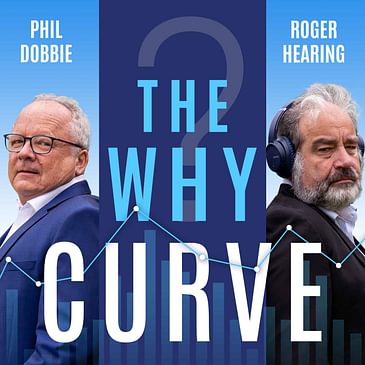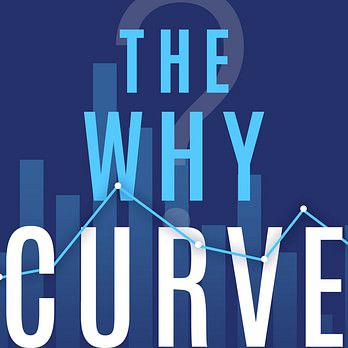Gaza casts a long shadow. In the midst of an economic crisis, in an election year, with transport, education and the NHS all limping along, what is the dominant subject, splitting parties and deciding by-elections? A war 2,000 miles away, over which the UK has next to no influence. Allegations of Islamophobia and anti-semitism are rife across the political spectrum. Even the normal processes of the Westminster parliament seem to be challenged by this issue. So why has the Gaza war assumed such a huge profile in UK politics? Robert Ford, Professor of Political Science at Manchester University, tells Phil and Roger how it has come to dominate our discourse.




